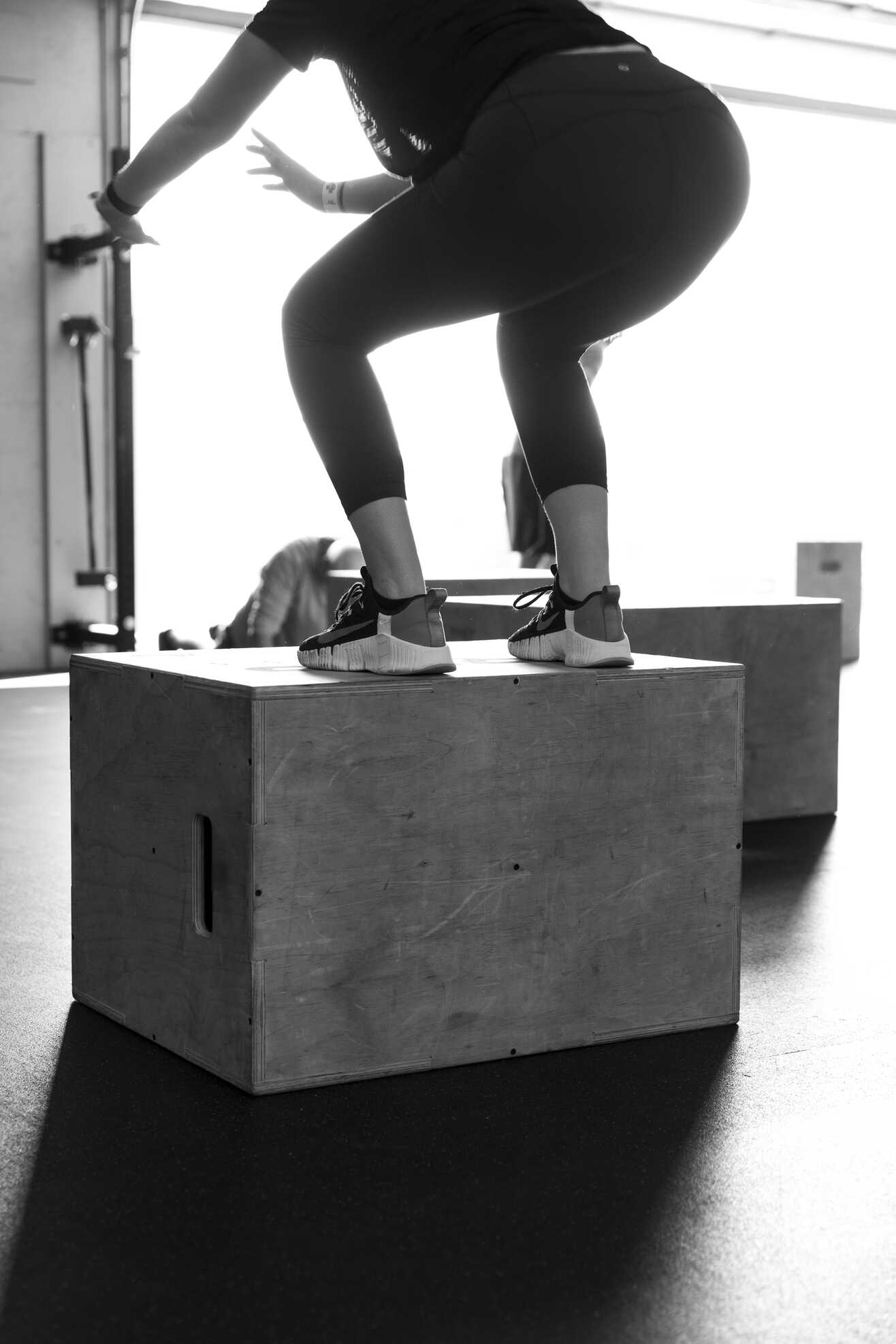

You’re consistent. You’re committed. You’re doing all the things—showing up to class, pushing through every workout, maybe even adding in some extra work on the side.
But suddenly, your lifts are backsliding. Your body feels heavy. You’re not bouncing back the way you used to. And that spark that got you in the door? It’s starting to fade.
There’s a good chance what you’re feeling isn’t a lack of effort or discipline.
Overtraining happens when your body can’t fully recover from the workload you’re placing on it. That stress adds up and not just physically, but hormonally, mentally, and neurologically.
At first, it might just feel like you’re “off” or “in a funk.” But left unchecked, it can snowball into chronic fatigue, injury, or even a total crash in performance.
There’s no single symptom, but here are a few red flags to pay attention to:
You’re sore all the time, even after rest days. Your energy never seems to bounce back, and every workout feels like a grind. Lifts that used to feel solid are suddenly shaky, and your metcon times are sliding.
Even though you’re exhausted, sleep isn’t great—you might find it hard to fall or stay asleep, which is your nervous system staying on high alert.
You might notice mood swings too: low motivation, irritability, or even feeling down for no clear reason. That’s a sign your hormones and your stress response are out of balance.
And if you keep getting sick or dealing with random aches and pains that don’t go away, your immune system and recovery processes may be overloaded.
The good news? Overtraining is fixable—and you don’t have to crash to course-correct.
Start by giving your body a real break. Not a “light workout” or an easy run. Actual rest. Take one to three full days off. Sleep as much as possible. Eat more (especially carbs and protein). Hydrate consistently throughout the day.
Ease back into training with lower intensity and shorter durations. Prioritize mobility, walking, light movement, and stress-reducing habits like breathwork or getting outside.
And most importantly, talk to a coach. We’re here to help and not to shame, but to support. We can look at your overall training rhythm and recovery strategy and build something more sustainable that actually supports your goals.
It’s your body telling you something needs to shift. You don’t get stronger by pushing nonstop. You get stronger by learning when to push and when to pause.
If anything in this post sounds familiar and if you’ve been feeling worn down, off-track, or just not like yourself—reach out. We’ve coached plenty of athletes through this. You’re not broken.
You’re just at a point where you need to reset.
Let’s get you back to feeling strong, clear, and capable again without running yourself into the ground.